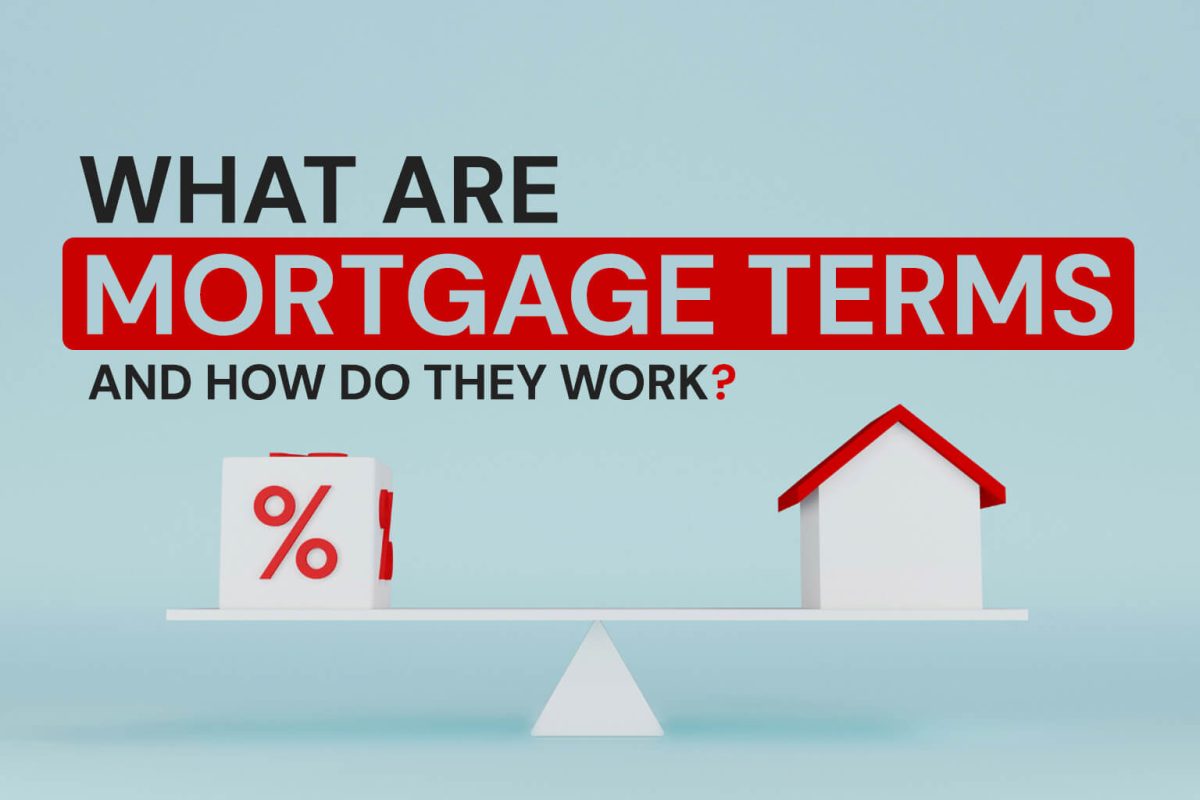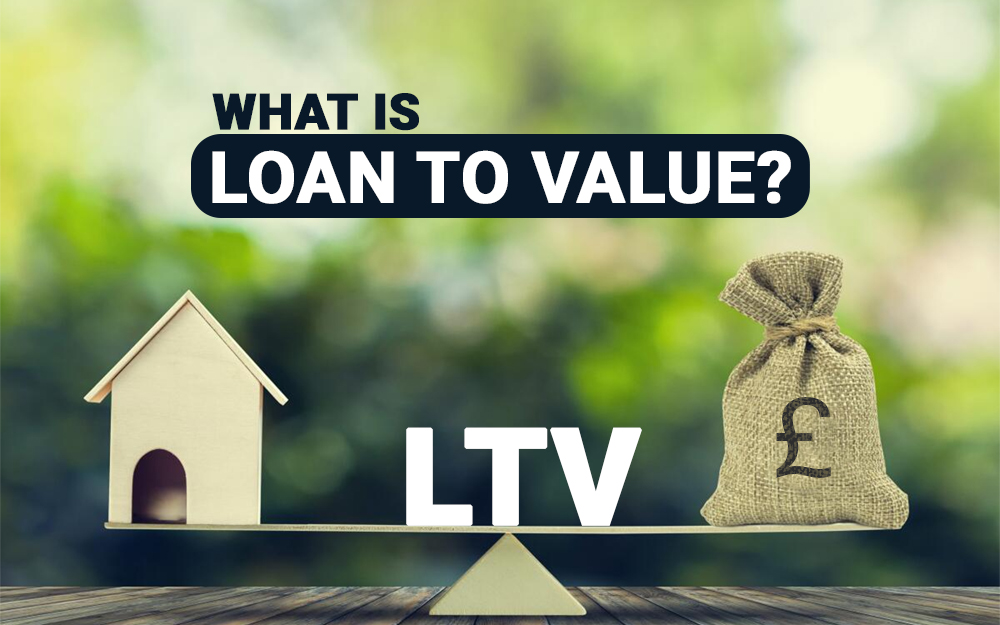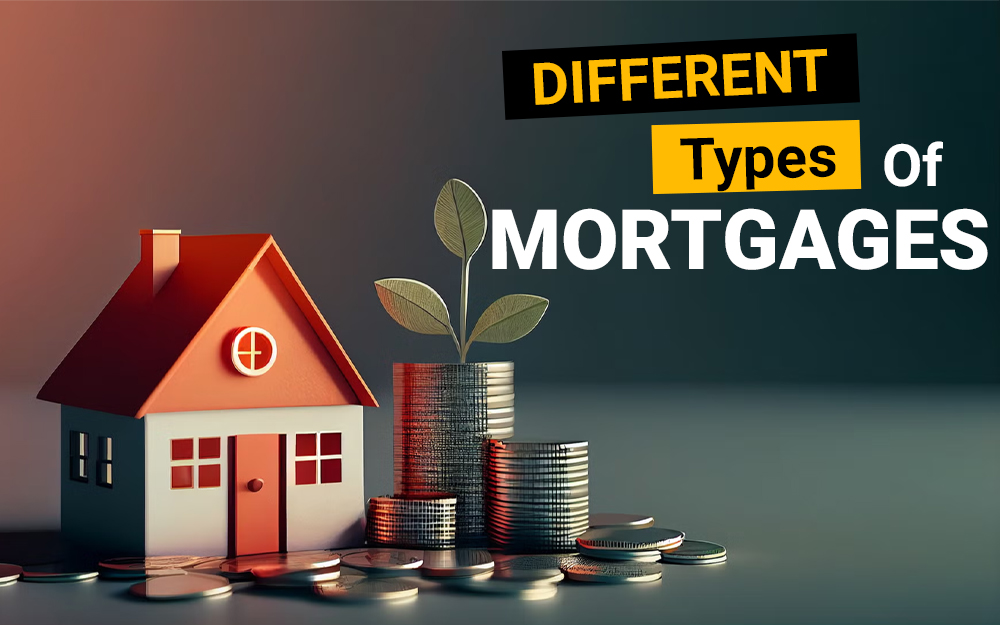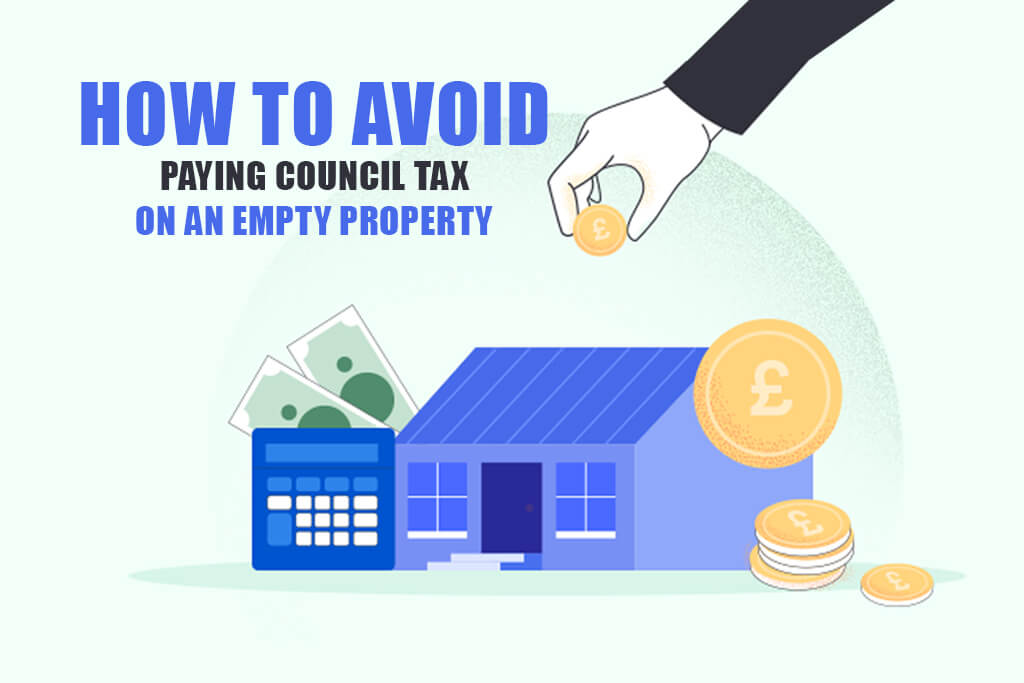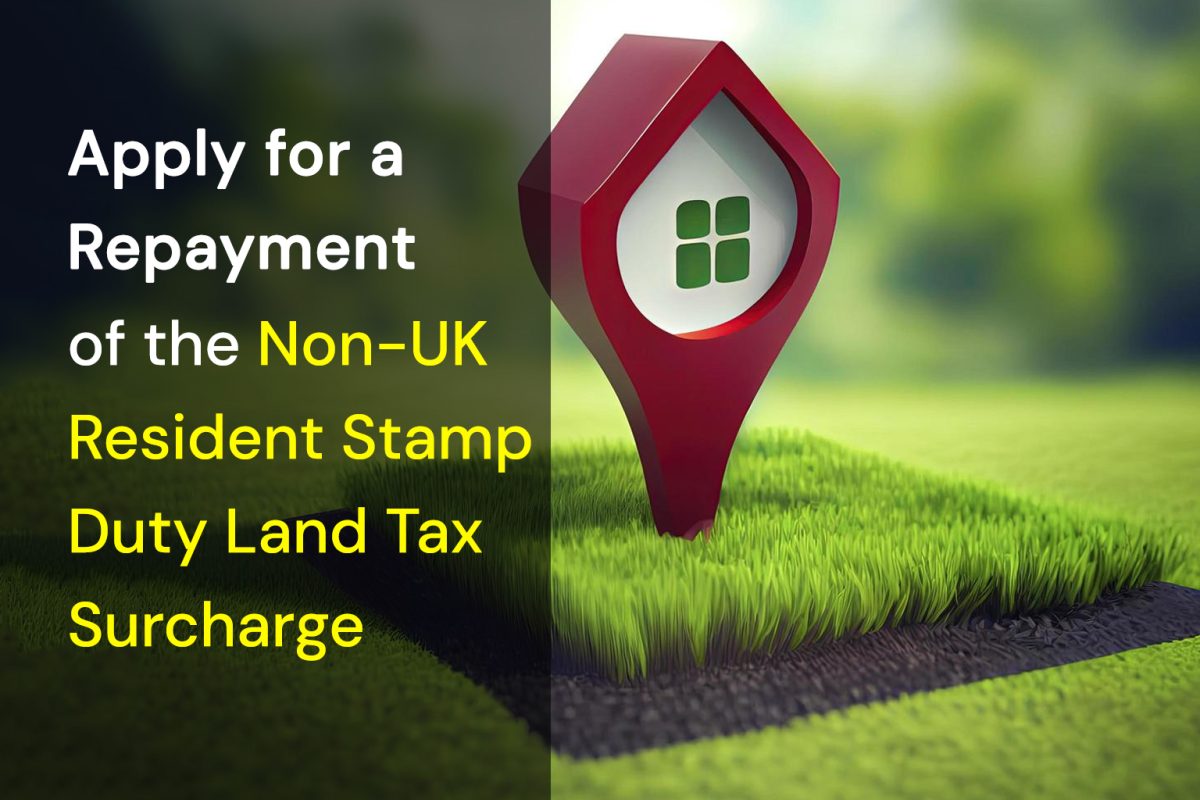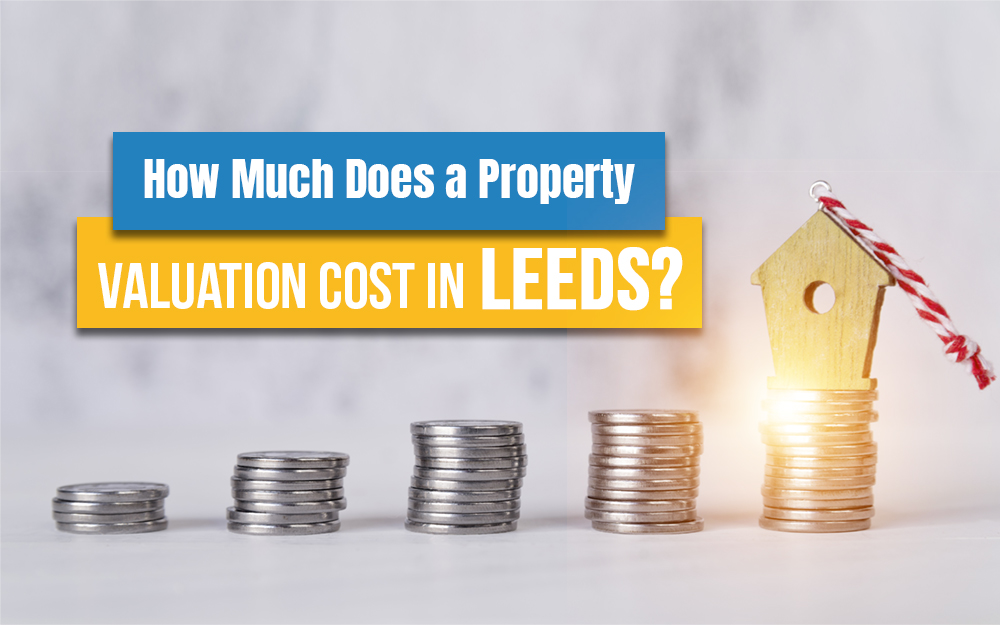When applying for a mortgage, one of the key considerations is the mortgage term. The mortgage term refers to the number of years over which you agree to repay the loan, along with the interest. Choosing the right mortgage term is crucial, as it affects your monthly payments, the total interest paid, and potentially your financial planning into retirement. Understanding Mortgage Terms A longer mortgage term generally results in lower monthly payments, but you end up paying more interest over the life of the loan. Conversely, a shorter term means higher monthly payments but less interest paid overall. The choice...
Read MoreMonth: July 2024
What Are the Current UK Mortgage Rates?
Current Mortgage and Interest Rates Overview As of now, the Bank of England's Base Rate is 5.25%, held steady since August 2023. Recent trends show a decline in average mortgage rates, largely due to increased competition among lenders. Notably, the average rate for a five-year fixed mortgage is currently 4.88%, while the two-year fixed rate stands at 5.27%. These figures reflect a decrease from the previous week's rates, indicating a favorable trend for borrowers. Mortgage Rates by Loan-to-Value (LTV) Ratios Mortgage rates vary significantly depending on the LTV ratio, which represents the size of the mortgage in relation to the...
Read MoreWhat is Loan to Value (LTV)?
Understanding Loan to Value Ratio Loan to Value (LTV) ratio is a key concept in the mortgage world. It represents the percentage of the property's value that you are borrowing through a mortgage. For example, if you're purchasing a home worth £200,000 and have a £20,000 deposit, your mortgage would be £180,000, making your LTV 90%. LTV is a crucial factor for lenders as it helps determine the risk associated with the loan. How to Calculate LTV Ratio To calculate the LTV ratio, divide the amount of the mortgage by the total value of the property and then multiply by...
Read MoreUnderstanding the Different Types of Mortgages
Choosing the right mortgage is a crucial decision when buying a home. While you can select a mortgage independently, many people opt for advice from mortgage brokers or lenders. It's essential to understand the various types of mortgages available to make an informed choice. Here, we cover the main types of mortgages in the UK and their key features. Fixed-Rate Mortgages Fixed-rate mortgages offer a stable interest rate for a set period, typically ranging from two to ten years or more. During this time, your monthly payments remain unchanged, providing predictability and financial stability. Pros of Fixed-Rate Mortgages Fixed-rate mortgages...
Read MoreTop 22 Jargons Used by Estate Agents in the UK
Understanding the specific language used by estate agents can be challenging for those unfamiliar with the industry. Estate agents often use terms and abbreviations that are unique to the property market, which can lead to confusion for buyers and sellers. Here, we explain some of the most commonly used jargons to help you navigate the property buying and selling process more easily. 1. Appraisal An appraisal is an objective assessment of a property's market value. It is essential in real estate transactions as it helps establish a property's fair price, which can influence buying, selling, or securing a mortgage. Appraisals...
Read MoreHow to Avoid Paying Council Tax on an Empty Property
Understanding Council Tax Council tax is a local tax set by the council and applies to all residential properties. The amount depends on your property's value, whether it's a house for sale or an occupied residence. Generally, the more valuable your property, the higher the council tax. Even if a property is unoccupied, owners are usually required to pay council tax. Council Tax on Empty Properties If you own an empty property, council tax is still applicable. However, some councils offer discounts or exemptions for certain circumstances. For instance, properties that have been empty for two years or more might...
Read MoreApply for a Repayment of the Non-UK Resident Stamp Duty Land Tax Surcharge in England and Northern Ireland
Check if you can and how to apply for a repayment if you’re a non-residential purchaser of property in England and Northern Ireland. Who Can Apply You or your estate agents can apply for a repayment of the surcharge paid on a property if all the purchasers are individuals and have spent 183 days in the UK in any continuous 365-day period: Starting no more than 364 days before the effective date of the transaction.Ending no more than 365 days after the effective date of the transaction. The effective date of the transaction is usually the completion date. You must...
Read MoreHow to Sell a House in Birmingham – 15 Steps
Selling a house in Birmingham involves careful planning and execution. This guide covers 15 essential steps to ensure a smooth and successful sale. We address specific considerations for the Birmingham market, including costs, local regulations, and frequently asked questions. 15 Steps to Sell a House in Birmingham 1. Decide if Now is the Time If you're considering selling your home in Birmingham, assess the following factors: Personal Circumstances: Ensure your situation is conducive to selling, as it can take up to six months.Time of Year: The best times to sell are typically spring and autumn. Winter and summer months may...
Read MoreHow Do I Switch Estate Agents in London?
Switching estate agents in London can be a strategic move if you're not getting the desired results with your current agent. This guide covers when and how to switch estate agents in London, considerations before making the change, and important steps to follow for a smooth transition. We also answer frequently asked questions about switching estate agents in London. When Should You Change Estate Agents? Changing estate agents, especially in a competitive market like London, is a significant decision. It involves risks, but switching from an underperforming agent can have many benefits. Consider changing agents if: Your agents aren’t responsive...
Read MoreHow Much Does a Property Valuation Cost in Leeds?
Understanding the cost of property valuation in Leeds is crucial for anyone looking to buy or sell property. This guide covers who charges for valuations, the different types of valuations and their fees, and important information specific to the Leeds property market. We also provide tips on getting your property valued for free and answer common questions about property valuations in Leeds. Who Charges for Valuations? Traditional estate agents in Leeds typically offer free valuations with no obligation to list your home with them. However, fees apply when using chartered surveyors or mortgage lenders. Chartered surveyors in Leeds charge from...
Read More